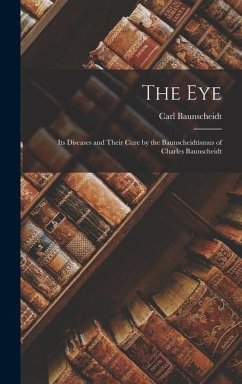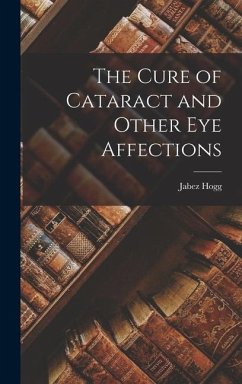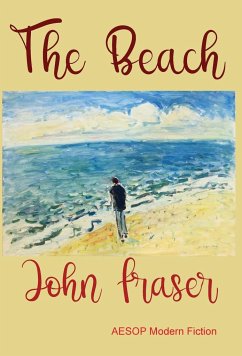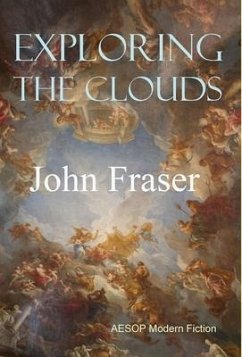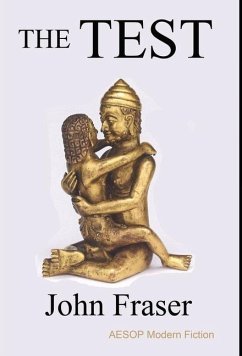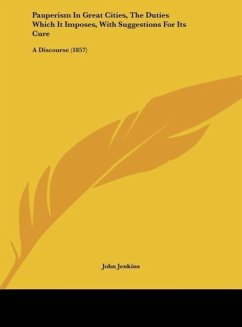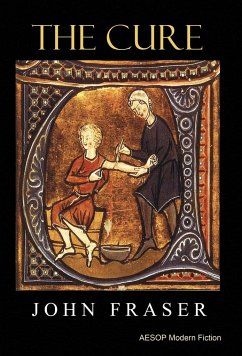
The Cure
Versandkostenfrei!
Versandfertig in über 4 Wochen
22,99 €
inkl. MwSt.

PAYBACK Punkte
11 °P sammeln!
The Cure consists of two novellas with the related theme of malady and cure. What is a cure for? An ailment, an affliction - the succession and inevitability of them? Cures seem to be directed at the body, but we manage them with our minds, and sometimes we seek a cure for what's been done to us, or what we've done. The son in this tale needs a cure for his father - his parent's sickness, his unavoidable death, the genes, the sex, the burden of the past, his heritage. He breaks horses, writes about it, meets up with a swinging gangster, Emily. She excels at everything, and her ambition is to r...
The Cure consists of two novellas with the related theme of malady and cure. What is a cure for? An ailment, an affliction - the succession and inevitability of them? Cures seem to be directed at the body, but we manage them with our minds, and sometimes we seek a cure for what's been done to us, or what we've done. The son in this tale needs a cure for his father - his parent's sickness, his unavoidable death, the genes, the sex, the burden of the past, his heritage. He breaks horses, writes about it, meets up with a swinging gangster, Emily. She excels at everything, and her ambition is to rule a small country, to be its horse-cure, as it were. Troubles abound, favours are requested - many cures for many conditions are tried and create further dysfunctions. The short piece 'Seals' takes the reader through encounters with the peoples of the world, their infirmities, remedies, placebos and sufferings of a malady that appears universal. The conclusion hints at a therapy.





